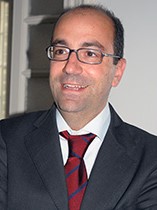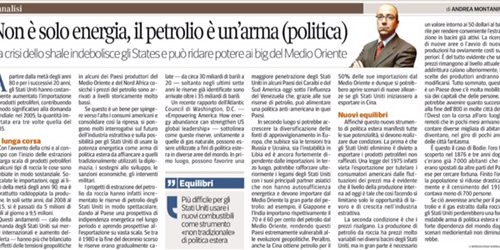Issues
Economy & Business Eurozone Financial Regulation Fiscal and Structural Reform International Financial Institutions International Markets Macroeconomics Trade and tariffsRegions
Europe & Eurasia European Union France Germany Greece Italy Southern & Southeastern Europe The Balkans Turkey United Kingdom Western EuropeLanguages
ItalianEvents
All Content
Andrea Montanino was a nonresident senior fellow with the GeoEconomics Center and a chief economist CDP, and chairman Fondo Italiano d’Investimento. Between 2014 and 2017, he served as the C. Boyden Gray Fellow on Global Finance and Growth, and the director of the Global Business and Economics Program at the Atlantic Council. He led the Council’s work on global trade, growth, and finance, launching the EuroGrowth Initiative as well as the Economic Sanctions Initiative.
Montanino previously acted as executive director of the International Monetary Fund (IMF), representing the governments of Italy, Albania, Greece, Malta, Portugal, and San Marino. Before joining the IMF, he was a career officer in the Italian Ministry of Finance from 2006 to 2012. As director general at the Treasury Department, he worked extensively to alleviate the impact of the great recession on the business sector, drafting and implementing a number of laws. He developed innovative partnerships with the private sector, including a public-private development bank, where he served as vice president, and a private equity fund for small and medium sized enterprises, where he first led the steering committee and later served as the treasury representative on the Board of Directors. He also was a board member in a private equity fund specializing in infrastructure projects. As a member of the cabinet and economic advisor to the Italian Minister of Finance, Montanino contributed to a comprehensive public budget reform policy effort, which was later implemented on a national scale.
He also spent four years (2001-2005) at the European Commission in the Directorate General for Economic and Financial Affairs. During those years, he worked on the reform of the EU budgetary rules and was responsible for the long-term sustainability analysis of European countries.
Montanino graduated summa cum laude in economics from the University of Rome, La Sapienza, in 1992. He holds a MSc in labor economics from the London School of Economics and a PhD in economics from the University of Rome, La Sapienza.


